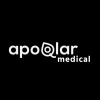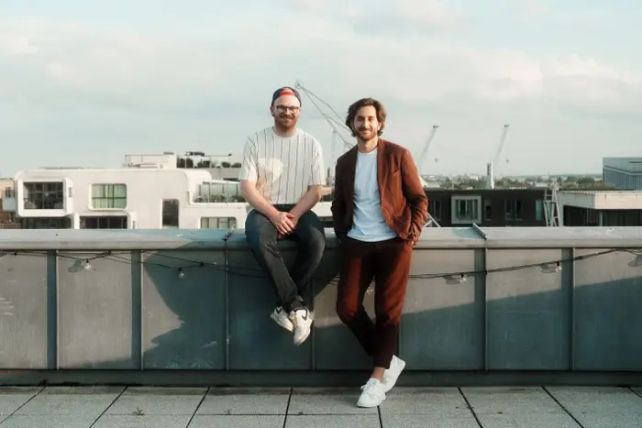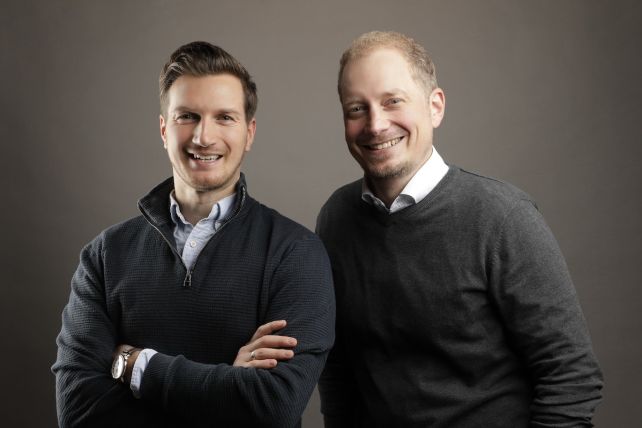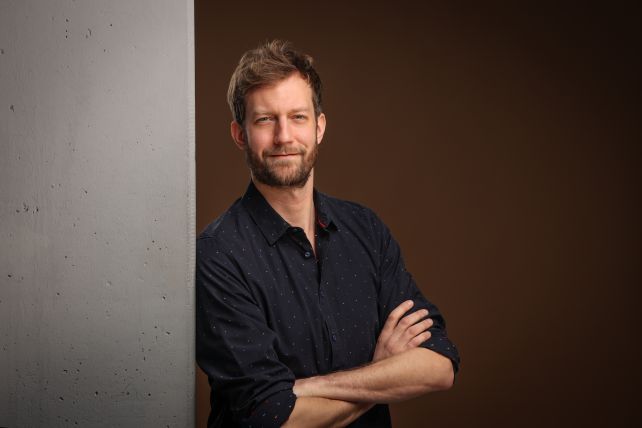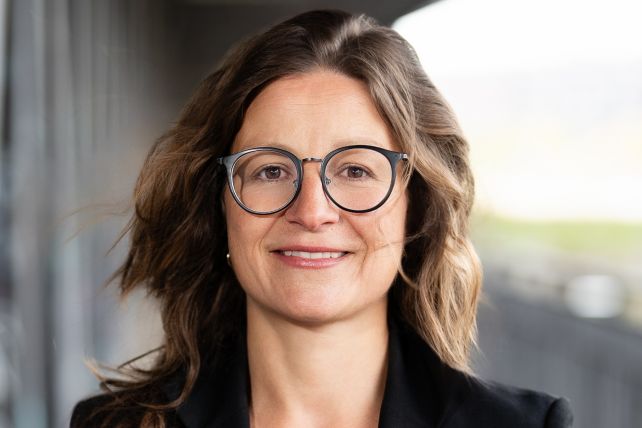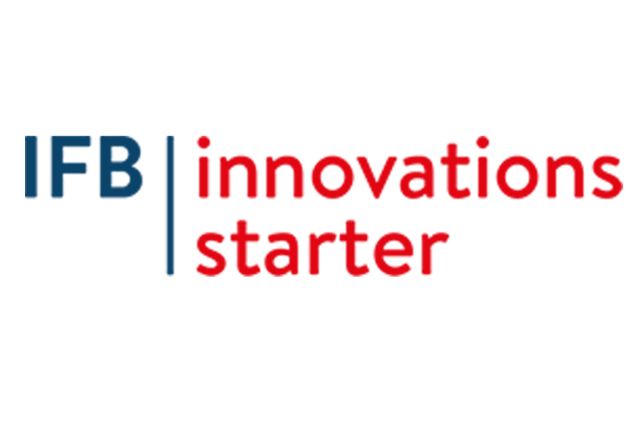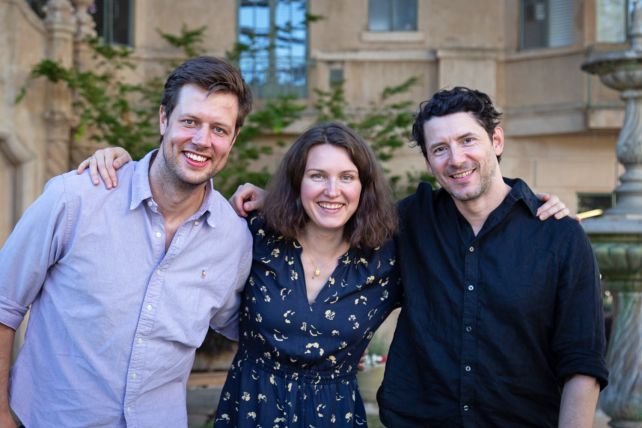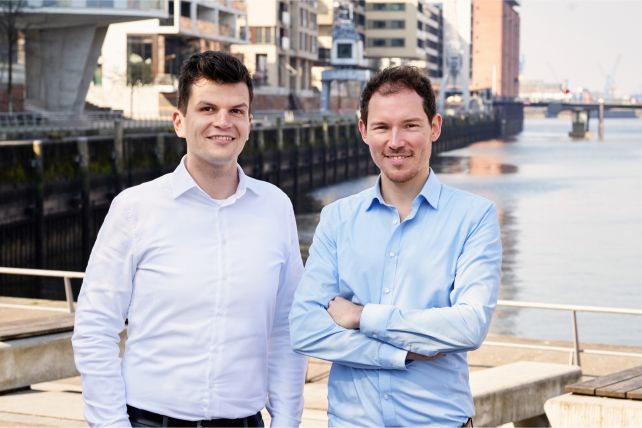
Until now, the 2D images of computer tomographies (CT) and magnetic resonance imaging (MRI) were considered the highest standards of imaging procedures in modern medicine. The Hamburg-based startup apoQlar has been working for several years on a mixed reality technology that gives doctors a kind of 3D X-ray vision - and is now helping to save lives worldwide.
Both apoQlar founders studied in Hamburg – Silko Pelzl studied business administration and Marc-Angelo Bisotti studied biochemistry and molecular biology. While Sirko was already active as an entrepreneur, Marc-Angelo joined the company shortly after it was founded.
We wanted to know more about how their idea came about and what can be expected from their technology in the future - so we talked to Marc-Angelo Bisotti from apoQlar.

How did you come up with your business idea?
Sirko put on the Microsoft Hololens, i.e. mixed reality glasses, for the first time in 2016 and immediately realised what a change this technology would bring. Many conversations later, in the end especially with doctors, it was clear: we are bringing Mixed Reality to the hospital. In the meantime, we call the whole concept HoloMedicine® and sell our product worldwide.
What is revolutionary and innovative about your product?
Mixed reality allows me to deal with data in three dimensions and interactively. Above all, it frees users, in our case doctors, from the need to imagine 2D images from the CT or MRI in 3D in order to plan an operation, for example. When I then place these 3D models over the patient, I have what many dreamed of as a child, namely a "real X-ray view".
What have been your most important steps and learnings so far?
There have been an enormous number of them. Probably the most important, however, was to never forget to always develop starting from the needs of the users. There is no other way to be close to the market, to stay as fast as possible and to observe regulation.
How did you approach the issues of financing and funding?
Until a few weeks ago, we were bootstrapped, i.e. revenue- and self-financed. We already had our first paying customers in 2018. We were also involved in several large research projects. This brought in additional funds, but above all, the close cooperation with universities and hospitals helped us to move forward. By now, we know where we can bring great medical benefits, where we can help save lives. And since we have realised this, we have decided to get investors on board, and we notice that there is a lot of interest.
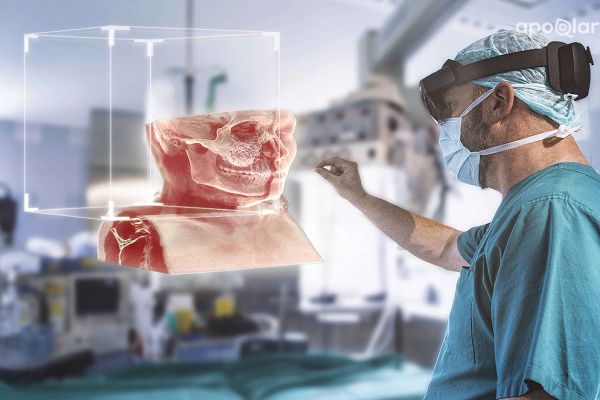
What makes you different from others? What is your unique selling point?
That’s always a difficult question. Certainly, two things distinguish us - we keep our product medical field-agnostic, which means: it can be used in almost any medical field, e.g. neurology, visceral surgery, orthopaedics or dentistry. What's more, we are a pure software platform, which means that we can start up any hospital in the world without ever having been there. Hardly any other medical product can do that.
What are your plans for the coming year?
We plan to push our technology worldwide, especially in visceral surgery, and thus offer patients suffering from advanced liver cancer, for example, a new perspective.
Why is Hamburg the right place for you to start your business?
We both studied here. As former consultants, we have travelled a lot, but we always like to return home to Hamburg. Hamburg is a great city to bind creative talents to apoQlar and you can feel the will of this city, but especially of the people who live here, to want to move forward.
Marc-Angelo, thank you very much for the interview. We wish you continued success with your business!


